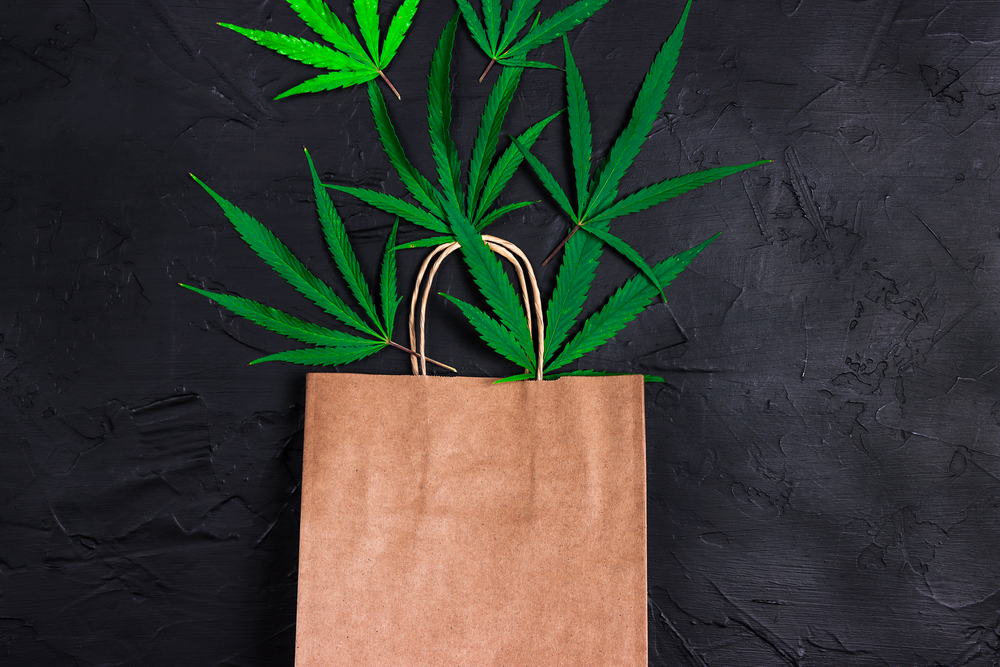There will eventually come a point at which federal lawmakers will give in to the pressure and decriminalize marijuana once and for all. It may not happen this year or next. It might not happen for another five years or so. But it will happen. The question for this post is what happens to home delivery when decriminalization becomes a reality?
Recreational cannabis home delivery is big business in California. In Utah though, where only medical cannabis is allowed, home delivery is legal but not necessarily profitable. Both states will be in for quite a change once Washington decides to decriminalize.
Keeping a Lid on Home Delivery
As things currently stand, significant regulatory differences between the states are keeping a lid on home delivery. Very few companies have even attempted to establish nationwide delivery platforms. Most successful delivery providers operate on either the state or local level.
Some operators run their businesses as third-party contractors for local dispensaries and pharmacies. But plenty of pharmacies and dispensaries handle deliveries in-house. It is a mixed bag right now. Again, regulatory differences are the main reason why. Those regulatory differences are partly due to cannabis’ status under federal law.
What Decriminalization Will Do
In all likelihood, any decriminalization bill that comes out of Washington will not take the shackles off marijuana production and distribution completely. The most likely scenario is that the federal government will exercise control over interstate transport while allowing states to control their individual markets in much the same way alcohol is regulated.
Federal decriminalization will make it easier for like-minded states to harmonize their regulations. That could open the door for regional delivery platforms. For example, it would not be surprising to see a third-party delivery company offer seamless deliveries throughout California, Oregon, Washington, and a few other states in the same general vicinity.
The wild card in all of this is the medical-only state. Under federal decriminalization, would a restrictive state like Utah continue to ban recreational consumption while also maintaining its strict delivery rules? If that were the case, Utah would be hard pressed to attract a nationwide delivery company.
Consolidation Could Be the Answer
Cannabis home delivery in Utah is legal but sparse. According to the Beehive Farmacy in Salt Lake City, there is only one delivery company providing service throughout the state. Regulations require that all delivery providers utilize unmarked vehicles equipped with expensive security and safety devices. Medical cannabis pharmacies in Utah are not interested in taking on that expense, so they contract delivery to the one company offering it.
Federal decriminalization could make that company an attractive target for acquisition. A larger company with successful operations in multiple states could buy the company but leave all its operations intact. Scale would provide the resources necessary to absorb the inefficiencies of operating an entirely separate entity in Utah.
Talk Has Already Begun
Talk of major consolidation has already begun, by the way. For instance, Uber is on record as saying it plans to get into cannabis home delivery as soon as federal law makes it possible for them to do so. Uber definitely has the financial resources to start buying up local and regional delivery providers. Not only that, but they have also shown a willingness to do so.
Right now, all we can do is speculate about what cannabis home delivery might look like under federal decriminalization. Chances are we will not have to speculate forever. Washington will eventually decriminalize marijuana across the board. Then it will be a whole new ballgame for companies looking to get into home delivery.











Leave a Reply